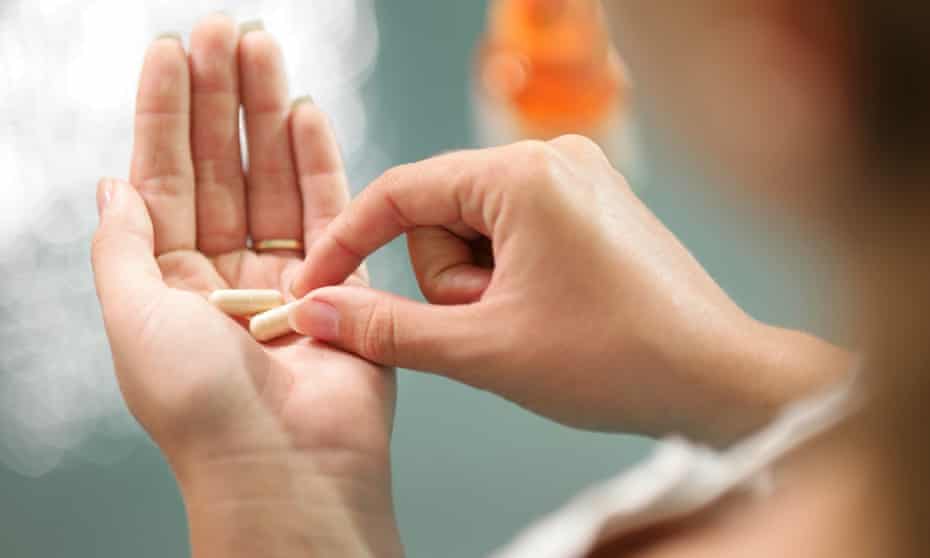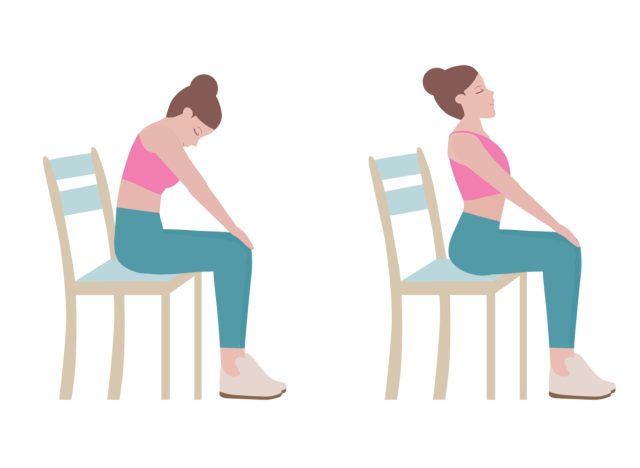Biologists warn against toxic SAMe ‘health’ supplement
Substance marketed online to ease range of joint and liver conditions, and to promote wellbeing, should not be used

A dietary supplement sold in the UK could be toxic and should not be used until it has been shown to be safe, an international group of biologists has warned.
The team, from Manchester and Kyoto universities, reported last week that the supplement – known as SAMe – can break down inside the body into substances that cause a wide range of medical problems, including kidney and liver damage
Short for S-adenosylmethionine, SAMe is marketed online in the UK as an agent that can help a range of conditions, including joints and liver diseases, and promote emotional wellbeing. But Jean-Michel Fustin, of Manchester University, said experiments that he and his collaborators had carried out had revealed that SAMe breaks down into adenine and methylthioadenosine in the body. These substances are known to be toxic, he added.
“This discovery came out of the blue,” Fustin said last week. “When we gave the supplement to mice we expected they would become healthier. But instead we found the opposite. We found that when SAMe breaks down in the body, it produces very toxic molecules, including adenine which causes gout, kidney disease and liver disease.”
READ RELATED: Are lingering Covid symptoms like shortness of breath and chest pain linked to heart disease?
Fustin added that although their study – which was published in Communications Biology last week – was carried out on mice, their results were relevant for humans. “We have not yet tested the supplement on men and women but we have added it to human cells in laboratory cultures and have found it had the same effect as it had on mice.”
SAMe is not sold over the counter in pharmacies in the UK. However, numerous companies offer the supplement for sale on the internet as an agent for promoting joint comfort, liver health, mobility and “a positive mood”. It is also marketed as an agent for promoting liver health in dogs and cats on some sites.
“We studied the impact that SAMe had on the body clocks of mice and found that instead of improving them, their biological rhythms got slower and slower. It was clear something was wrong,” said Fustin.
Their study, which was funded by the Medical Research Council and the Japanese Society for the Promotion of Science, makes it clear that the health benefits of SAMe are questionable, to say the very least, Fustin added. “It is unclear what dose of it might be safe, so there is a good chance that a safe dose will be exceeded if someone takes this supplement – if a safe dose exists at all.”
The Medicines and Healthcare products Regulatory Agency (MRHA) has been asked for a response.
Source: Health & wellbeing | The Guardian








